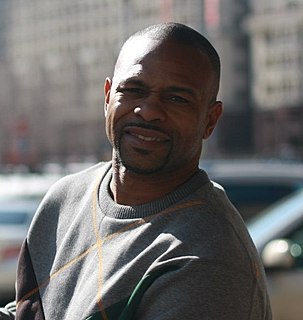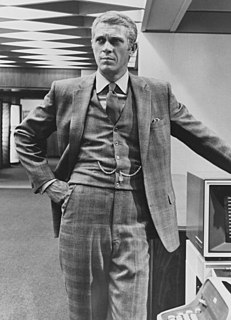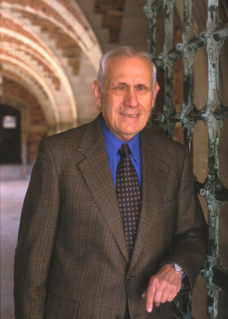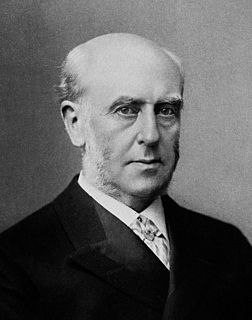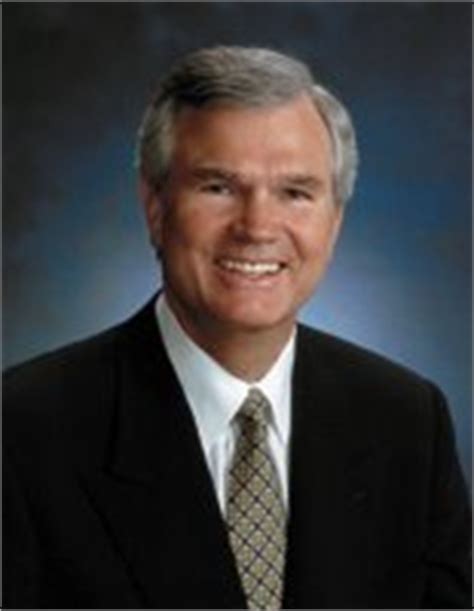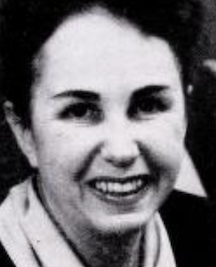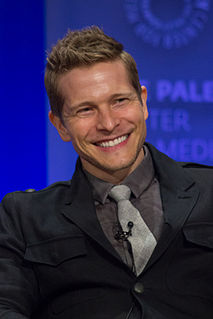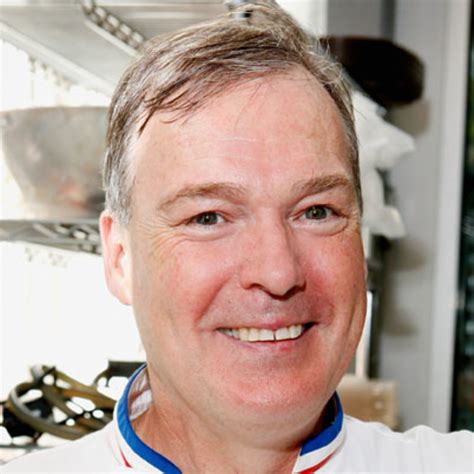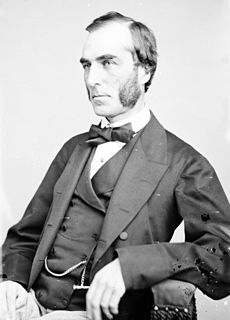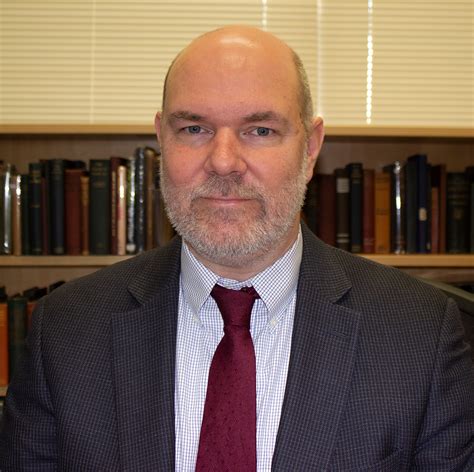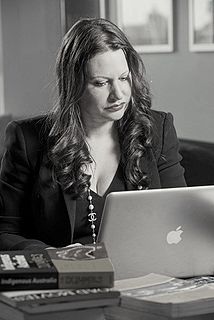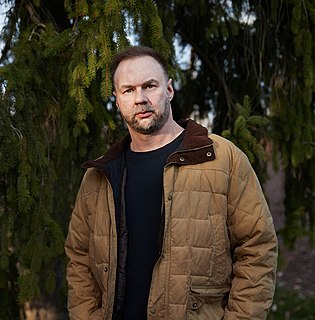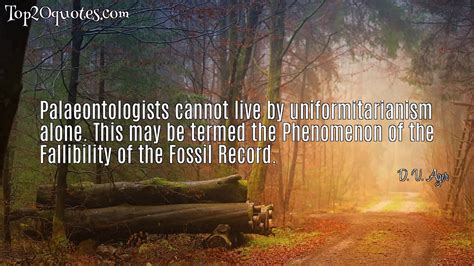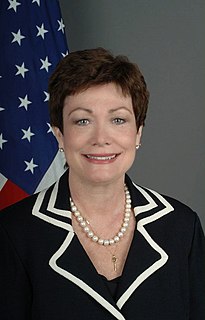Top 1200 Making History Quotes & Sayings - Page 13
Explore popular Making History quotes.
Last updated on April 21, 2025.
The discussion of the game of marbles seems to have led us into rather deep waters. But in the eyes of children the history of the game of marbles has quite as much importance as the history of religion or of forms of government. It Is a history, moreover, that is magnificently spontaneous; and it was therefore perhaps not entirely useless to seek to throw light on the child's judgment of moral value by a preliminary study of the social behaviour of children amongst themselves.
The idea of getting old and dying, falling apart, does not sound fun at all to me, but it's an observation that I'm sure I'm not the first one to express. There're thousands of year of history attest to the same thing. Maybe it's the way I'm personally dealing with that inevitable transition. So I'm making metaphors out of the work possibly to think about that and try to get comfortable with the idea.
If Mother Culture were to give an account of human history using these terms, it would go something like this: ' The Leavers were chapter one of human history -- a long and uneventful chapter. Their chapter of human history ended about ten thousand years ago with the birth of agriculture in the Near East. This event marked the beginning of chapter two, the chapter of the Takers. It's true there are still Leavers living in the world, but these are anachronisms, fossils -- people living in the past, people who just don't realize that their chapter of human history is over. '
Kansas Secretary of State Kris Kobach has been an adviser to Trump, although he still very publicly couldn't land a job in the president's Cabinet, despite providing that counsel. And Kobach has a long history of making up facts to help him pass unfair voter suppression laws and push extreme anti-immigrant proposals.
So long as human history continues, we will face the perennial challenge of realizing, maintaining and strengthening peace through dialogue, of making dialogue the sure and certain path to peace. We must uphold and proclaim this conviction without cease, whatever coldly knowing smiles or cynical critiques may greet us.
You see, when you're middle class, you have to live with the fact that history will ignore you. You have to live with the fact that history can never champion your causes and that history will never feel sorry for you. It is the price that is paid for day-to-day comfort and silence. And because of this price, all happinesses are sterile; all sadnesses go unpitied.
Such displays of the Australian spirit engender pride, regardless of background, religion and political persuasion. They are unifying... This spirit of leadership should be reflected in our national symbols and one appropriate way to do that is by finally making the changes needed to make Australia a republic... A country's history does not change because it takes a step forward, but its possibilities for the future do.
I did not know much history when I became a bombardier in the U.S. Air Force in World War II. Only after the War did I see that we, like the Nazis, had committed atrocities... Hiroshima, Nagasaki, Dresden, my own bombing missions. And when I studied history after the War, I learned from reading on my own, not from my university classes, about the history of U.S. expansion and imperialism.
Oral history is a research method. It is a way of conducting long, highly detailed interviews with people about their life experiences, often in multiple interview sessions. Oral history allows the person being interviewed to use their own language to talk about events in their life and the method is used by researchers in different fields like history, anthropology and sociology.
For us it's always about making sure that there's substance, that things are well thought out, they're real, they're going to happen versus just haphazardly making Hollywood type announcements. So that's where we are there [on Comic-Con], just making sure that when we do something to say that it's something.
In the preface to his great History of Europe, H. A. L. Fisher wrote: "Men wiser than and more learned than I have discerned in history a plot, a rhythm, a predetermined pattern. These harmonies are concealed from me. I can see only one emergency following upon another as wave follows upon wave ..." It seems to me that the same is true of the much older [geological stratigraphical] history of Europe.
History, when rightly written, is but a record of providence; and he who would read history rightly, must read it with his eyes constantly fixed on the hand of God. This statement of a nineteenth-century historian sums up the responsibility of the Christian teacher of history, for he who would teach history or any subject matter rightly, must teach it with his eyes constantly fixed on the hand of God.
My book, Oral History: Understanding Qualitative Research is about how researchers use this method and how to write up their oral history projects so that audiences can read them. It's important that researchers have many different tools available to study people's lives and the cultures we live in. I think oral history is a most needed and uniquely important strategy.
In history there are no control groups. There is no one to tell us what might have been. We weep over the might have been, but there is no might have been. There never was. It is supposed to be true that those who do not know history are condemned to repeat it. I don't believe knowing can save us. What is constant in history is greed and foolishness and a love of blood and this is a thing that even God--who knows all that can be known--seems powerless to change.
Why I talked about political correctness: the colonial is now such a major taboo that any achievement of the colonial period, or any generosity implied in colonialism, is again fundamentally neglected or fundamentally not recognised. That's crazy, because history is a series of layers, and you cannot say, "This layer I support and this layer I cancel." History is history and you cannot retrospectively manipulate it.

